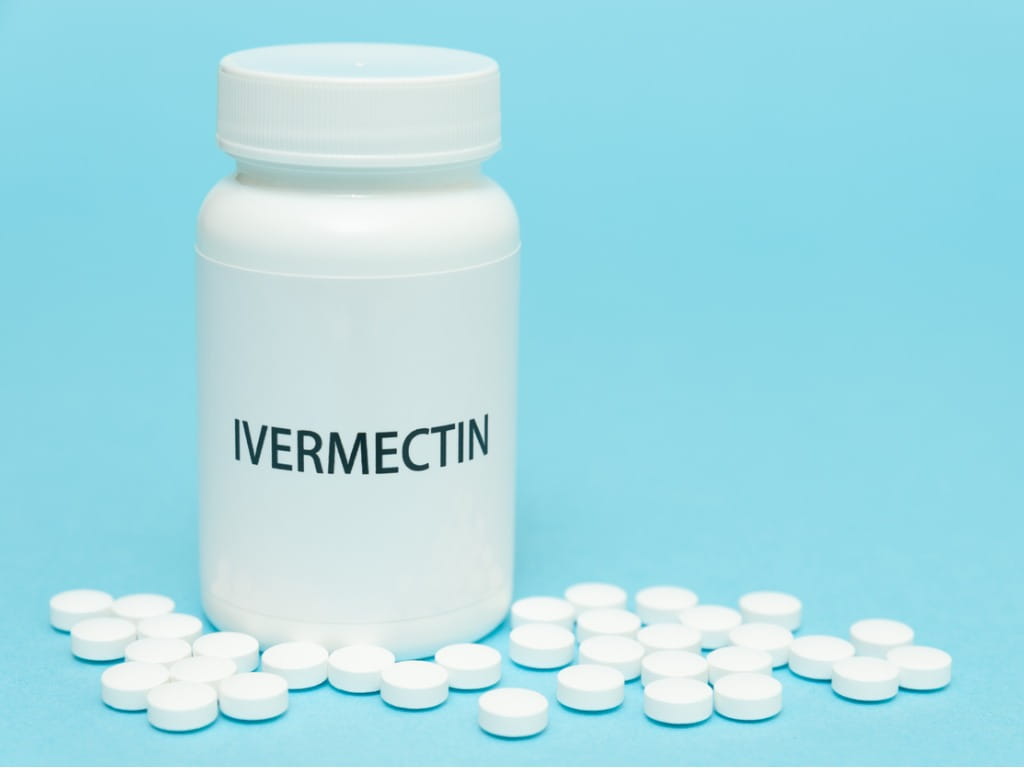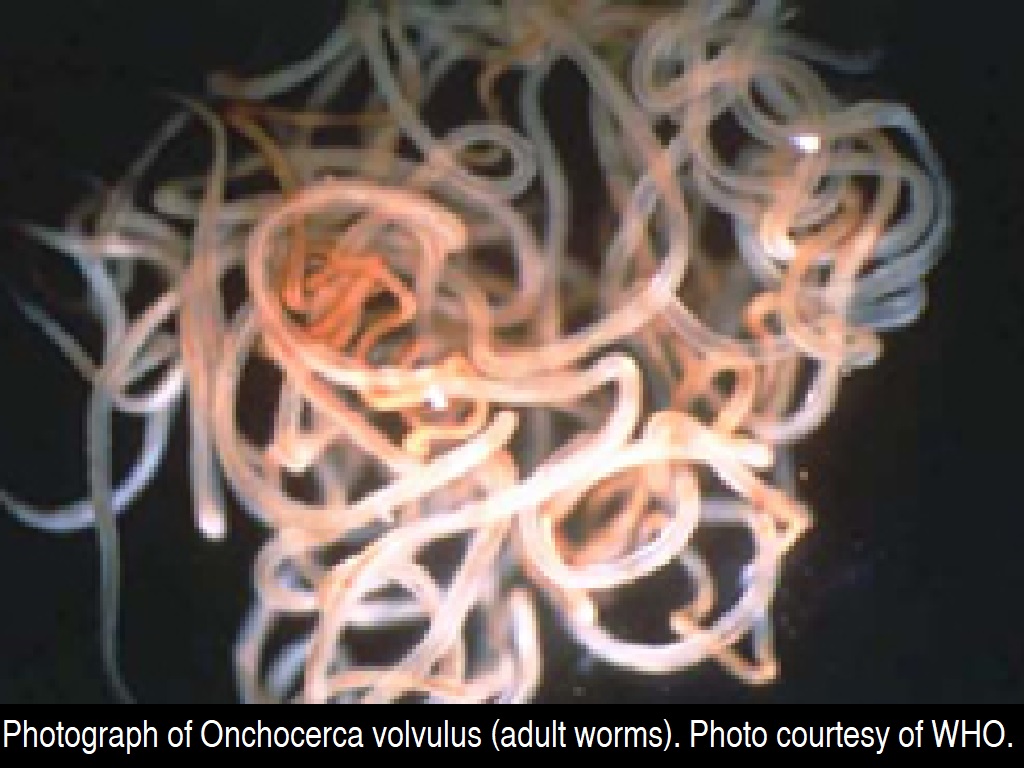Ivermectin: Is It Safe To Use for Covid-19?

The Bottom Line
Ivermectin has been safely used to treat parasites (such as heart and intestinal worms) in animals and is approved for use in humans for parasite infections, head lice, and rosacea. It has not been shown to be effective for preventing or treating COVID-19 infection and taking products not intended for human use may lead to serious adverse effects.

The Full Story
Ivermectin was first discovered in the 1970s in bacteria isolated from the soil on a Japanese golf course. It was found to be active against a wide variety of parasites in many species and was initially marketed as a veterinary drug. Ivermectin is commonly used to prevent heartworm infections in dogs with convenient monthly dosing (e.g., Heartgard®). Ivermectin has also protected hundreds of millions of livestock from a variety of parasites. Ivermectin is available in several forms, such as an oral paste, a topical pour-on solution, and an injectable solution for animals. Many of these formulations are for animals that weigh several times more than humans. For human use, ivermectin is available as an oral formulation for the treatment of lice and intestinal parasites and as a topical lotion for lice and rosacea.
Over 300 million people worldwide take ivermectin each year. When the appropriate product is used for the appropriate indication, ivermectin has been shown to be a safe and well-tolerated medication. Most adverse reactions are mild and temporary, such as loss of appetite, headache, muscle aches, lack of energy, mild gastrointestinal upset, and fever. Recently, there has been interest in using ivermectin to prevent and treat COVID-19. People have been taking the medication “off-label” from a doctor or obtaining it online and taking veterinary products. In fact, the number of ivermectin prescriptions experienced a 24-fold increase since pre-pandemic levels and the number of poison center calls for ivermectin poisoning has increased 3 times in 2021.
It is important to know that ivermectin has not been demonstrated to have antiviral activity and has not been rigorously studied for this purpose. Clinical trials help to determine if a drug is effective for a particular disease and find the appropriate dose and duration of therapy. Ivermectin is not approved by the Food and Drug Administration (FDA) for the prevention or treatment of COVID-19. Use of ivermectin to treat or prevent COVID-19 outside of a clinical trial is not recommended by the FDA and by many medical experts.
There are several risks when taking ivermectin without proper medical supervision, particularly formulations that are meant for animals. First of all, many of the livestock preparations that are sold online are meant for animals that weigh several times more than humans, which can lead to an overdose. Pastes and intravenous solutions may be highly concentrated and difficult to measure accurately. Topical solutions are not meant for oral consumption and can cause illness when ingested. In addition, veterinary products contain some inactive ingredients that are not well studied in humans, and in large amounts, may be toxic. Taking ivermectin without appropriate supervision can lead to drug-drug interactions. Since people have started using ivermectin as an alternative treatment for COVID-19, there have been reports of serious adverse effects, including dehydration, seizures, coma, low blood pressure, and even death.
Do not take ivermectin to treat or prevent COVID-19 infection, unless you are enrolled in a clinical trial. If you suspect someone has swallowed ivermectin, do not make the person vomit. Immediately check the webPOISONCONTROL® online tool for guidance or call Poison Control at 1-800-222-1222. Both options are free for the public, and available 24 hours a day.
When ivermectin solution gets into the eyes, minor irritation and redness can occur. Serious eye injury is not likely, but the eyes should be rinsed immediately. Remove contact lenses and use lots of room temperature water. For children, pour water onto the bridge of the nose and let it gently run into the eyes. Encourage blinking. Then check with Poison Control after rinsing.
Maryann Amirshahi, PharmD, MD, MPH, PhD
Medical Toxicologist
Poisoned?
Call 1-800-222-1222 or
Prevention Tips
- Seek testing/medical care if you suspect you have COVID-19 infection-do not self diagnose or treat.
- Do not take ivermectin for the prevention or treatment of COVID-19 infection, unless part of a clinical trial.
- Never take veterinary products that are not meant for human consumption.
- Do not buy ivermectin products from anywhere other than a licensed pharmacy.
- COVID-19 infection is best prevented through vaccination, mask wearing, hand washing, and social distancing.
This Really Happened
Case 1. A 47-year-old woman took ivermectin horse paste when she started to have cold symptoms. She took an entire tube of horse paste over a few days. She began feeling even worse and had severe diarrhea, weakness, and no appetite. She went to the emergency room where she was diagnosed with pneumonia and given fluids for severe dehydration. She eventually recovered with treatment.
Case 2. A 53-year-old man was exposed to someone with COVID-19. He went to a local store and purchased some horse ivermectin. He took 2 tubes over the next 12 hours. Each tube contained enough medication for a one-ton horse. The patient did develop COVID-19 infection and was on a ventilator for a week and had a complicated hospital course, which included tremors, vomiting, and abnormal heart rhythms. He ultimately recovered after several weeks.
For More Information
If you have a question about poisoning from ivermectin, get help online with webPOISONCONTROL or call 1-800-222-1222. Both options are free for the public, and available 24 hours a day.References
Laing R, Gillan, Devaney E. Ivermectin - old drug, new tricks? Trends Parasitol 2017;33:463-72.
National Institutes of Health, COVID 19 Treatment Guidelines
US Food and Drug Administration, Ivermectin and COVID-19
Poisoned?
Call 1-800-222-1222 or
Prevention Tips
- Seek testing/medical care if you suspect you have COVID-19 infection-do not self diagnose or treat.
- Do not take ivermectin for the prevention or treatment of COVID-19 infection, unless part of a clinical trial.
- Never take veterinary products that are not meant for human consumption.
- Do not buy ivermectin products from anywhere other than a licensed pharmacy.
- COVID-19 infection is best prevented through vaccination, mask wearing, hand washing, and social distancing.
This Really Happened
Case 1. A 47-year-old woman took ivermectin horse paste when she started to have cold symptoms. She took an entire tube of horse paste over a few days. She began feeling even worse and had severe diarrhea, weakness, and no appetite. She went to the emergency room where she was diagnosed with pneumonia and given fluids for severe dehydration. She eventually recovered with treatment.
Case 2. A 53-year-old man was exposed to someone with COVID-19. He went to a local store and purchased some horse ivermectin. He took 2 tubes over the next 12 hours. Each tube contained enough medication for a one-ton horse. The patient did develop COVID-19 infection and was on a ventilator for a week and had a complicated hospital course, which included tremors, vomiting, and abnormal heart rhythms. He ultimately recovered after several weeks.
